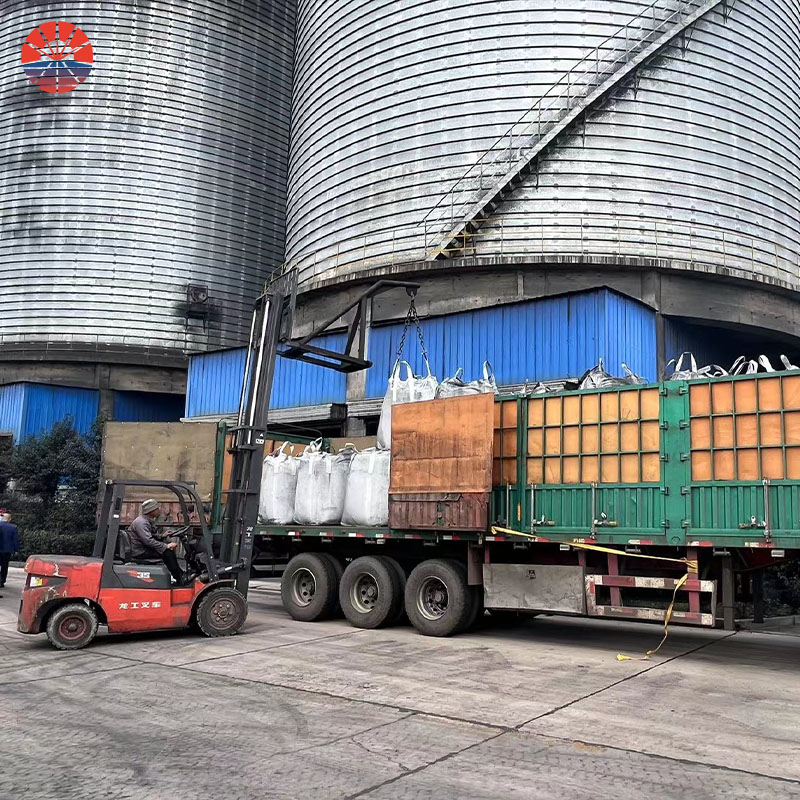The benefits of using petroleum coke in power plants
The use of petroleum coke (petcoke) in power plants offers several potential benefits, which have led some power plants to consider or incorporate it as a fuel source. However, it is essential to balance these advantages with the environmental and health concerns associated with petcoke usage. Here are some of the potential benefits of using petroleum coke in power generation:
Abundant and Cost-Effective: Petroleum coke is a byproduct of the oil refining process, and its availability is generally abundant in regions with substantial oil refining activities. As a result, it can be a cost-effective fuel option for power plants located near refineries.
High Calorific Value: Petcoke has a high calorific value, meaning it contains a lot of energy per unit mass. This high energy content allows power plants to generate more electricity for a given amount of fuel, potentially leading to greater efficiency and lower operating costs.
Lower Sulfur Content: Compared to some other fossil fuels like coal, petroleum coke generally has a lower sulfur content. This can help power plants comply with regulations related to sulfur emissions and reduce the need for additional flue gas desulfurization (FGD) systems.
Stable Supply: As petcoke is a byproduct of oil refining, its supply is relatively stable and not subject to the same price fluctuations as some other fuels, which may be impacted by geopolitical factors.
Synergy with Existing Infrastructure: Power plants that already have coal-fired boilers or infrastructure designed to handle solid fuels may find it easier to integrate petcoke into their operations.
Despite these advantages, it is crucial to consider the drawbacks and potential negative impacts associated with the use of petroleum coke. Petcoke combustion emits greenhouse gases, particulate matter, and other pollutants that contribute to air pollution and climate change. Additionally, petcoke can have higher levels of trace elements and heavy metals, raising concerns about their environmental impact and potential health risks.
As a result, the use of petcoke in power plants must be approached with caution, considering the need to meet emission regulations, adopt appropriate pollution control technologies, and ensure responsible waste disposal and management practices. Many regions have specific guidelines and restrictions on petcoke usage to mitigate its environmental and health impacts.
The usage of petroleum coke in power plants
The use of petroleum coke (petcoke) in power plants has been a subject of debate due to its environmental and health impacts. Here are some key points to consider regarding its usage in power generation:
Advantages:
High Calorific Value: Petcoke has a high calorific value, making it an efficient fuel for power plants. It can produce more heat and electricity compared to some other fuels.
Cost-Effective: Petcoke is often cheaper than other fuel alternatives, such as coal or natural gas, which can reduce operating costs for power plants.
Stable Supply: The petroleum refining industry produces significant amounts of petcoke as a byproduct, ensuring a steady and reliable supply for power plants.
Co-Firing Capability: Power plants can co-fire petcoke with other fuels, such as coal or biomass, to diversify their fuel sources and potentially reduce overall emissions.
Lower Sulfur Content: Petcoke generally has lower sulfur content than some coals, leading to reduced sulfur dioxide (SO2) emissions when used as a substitute for coal.











